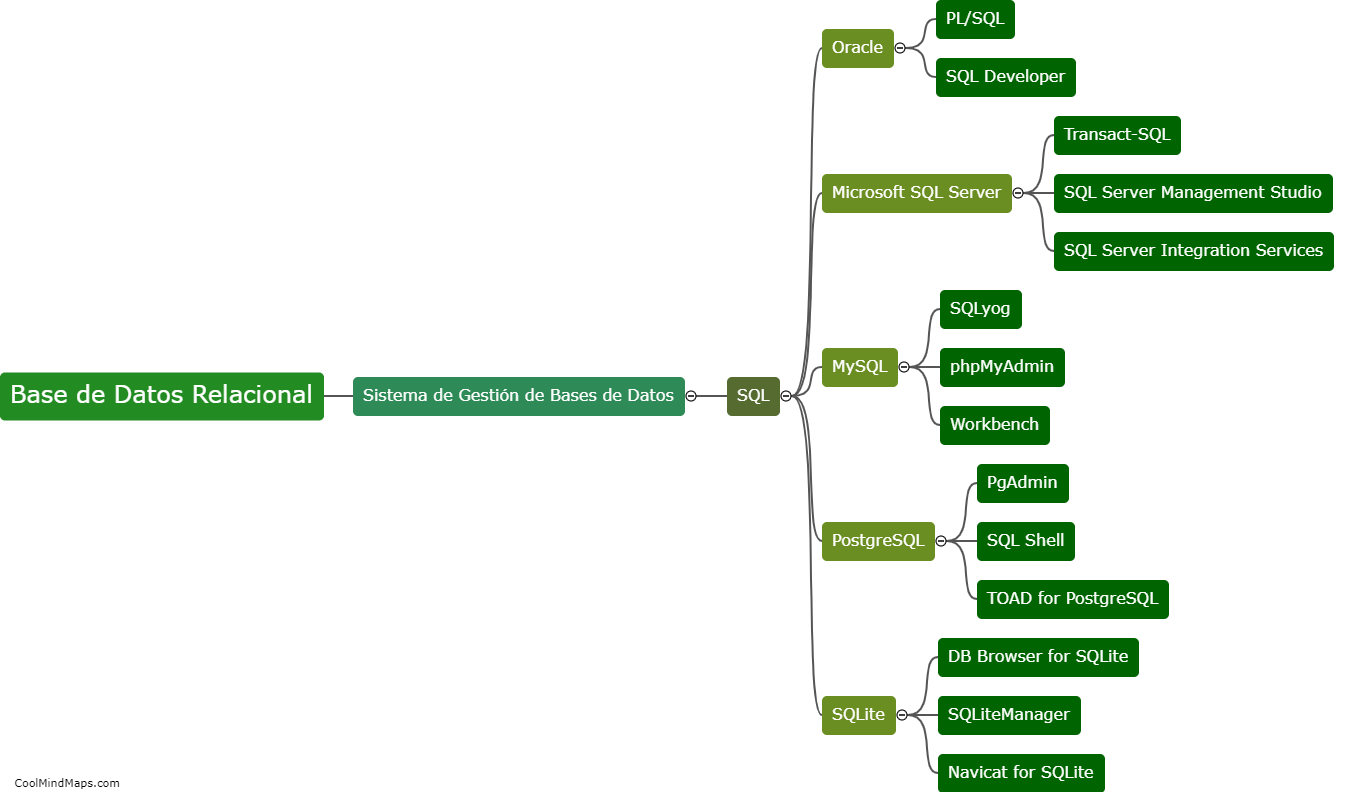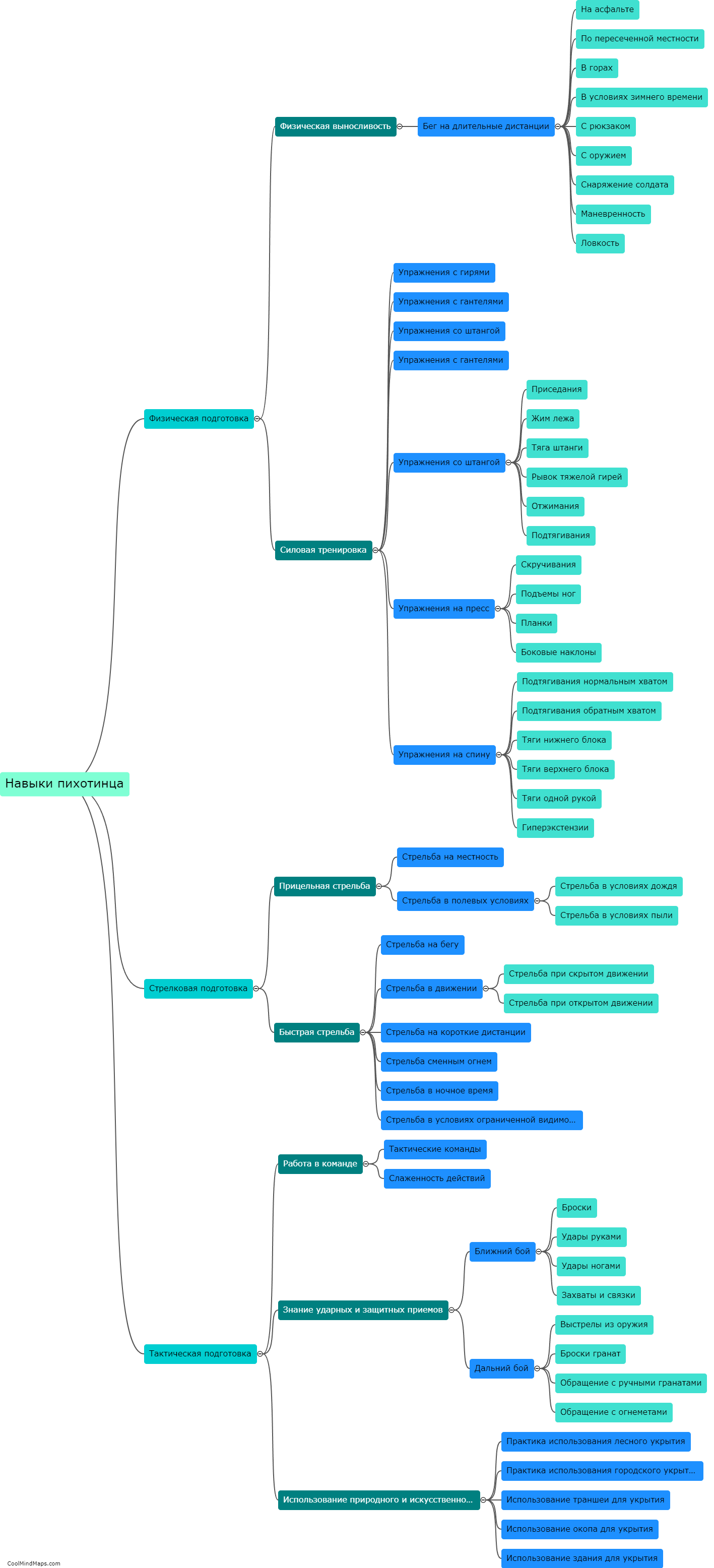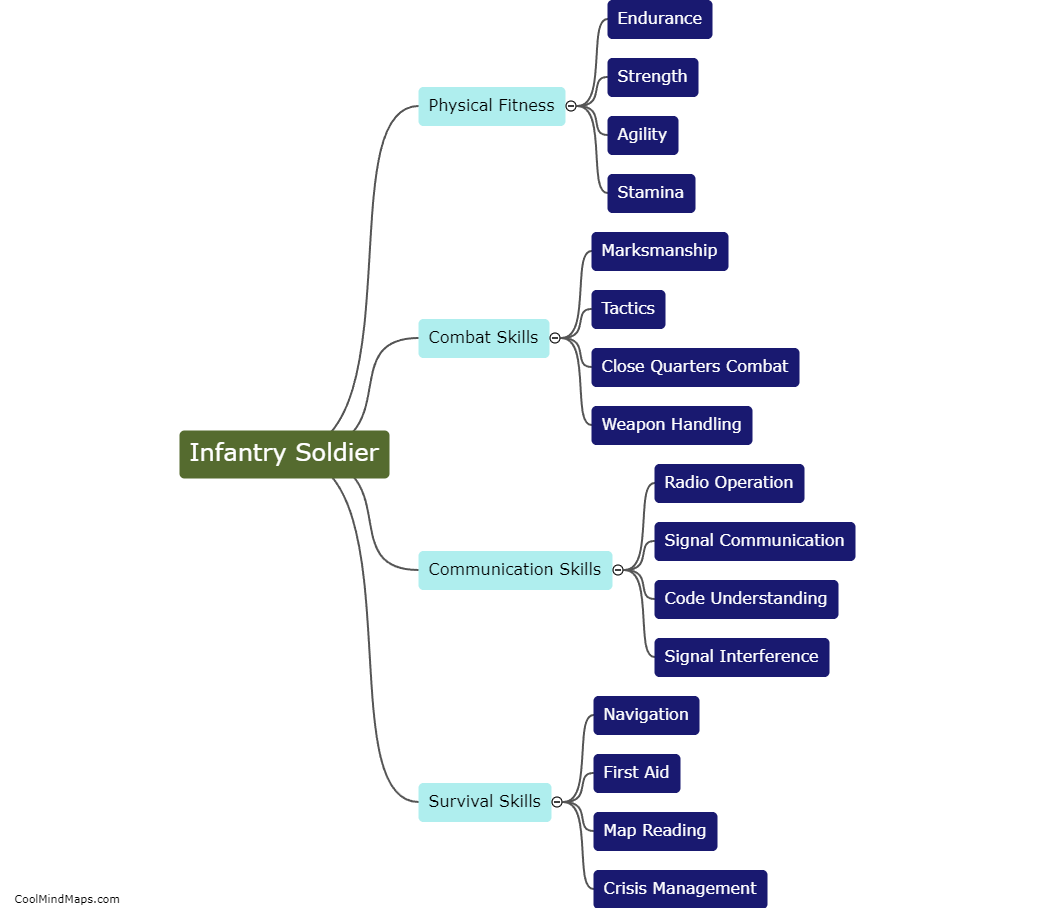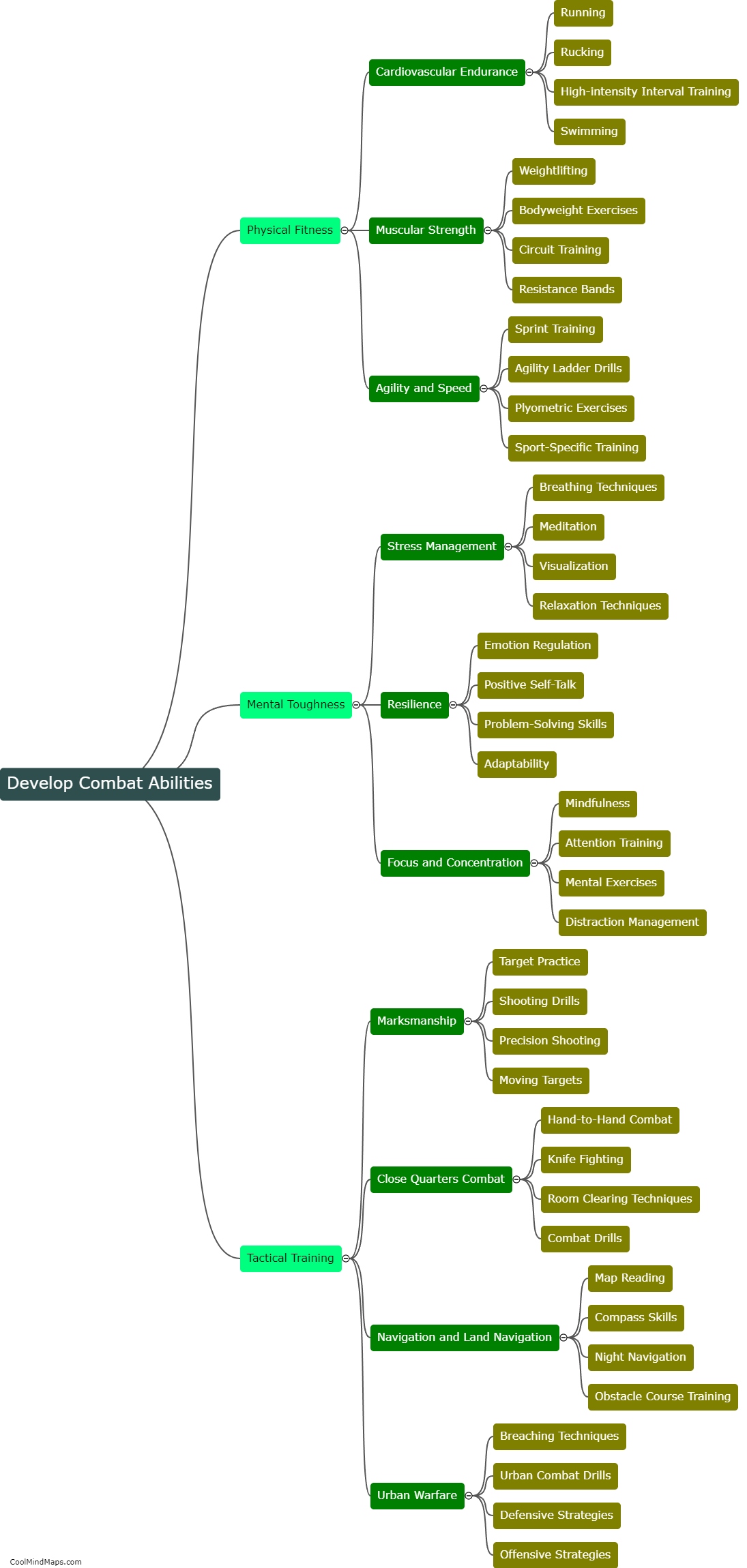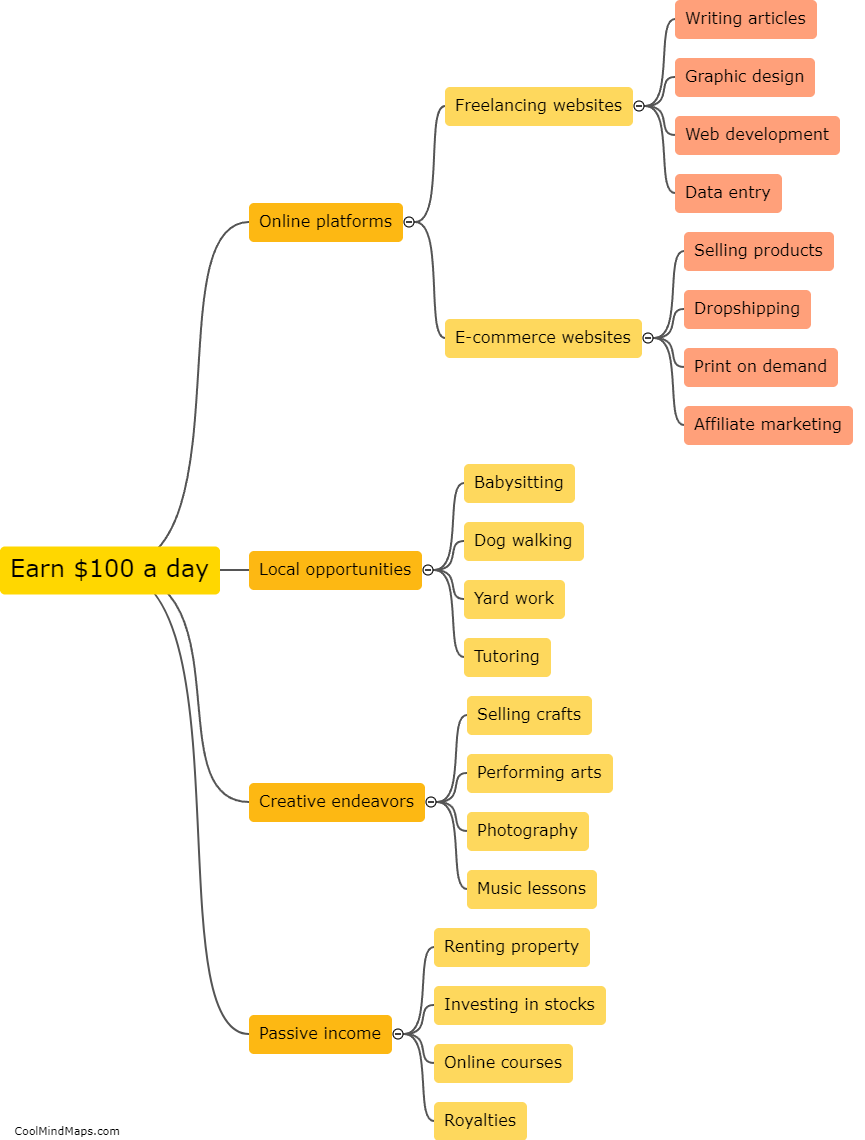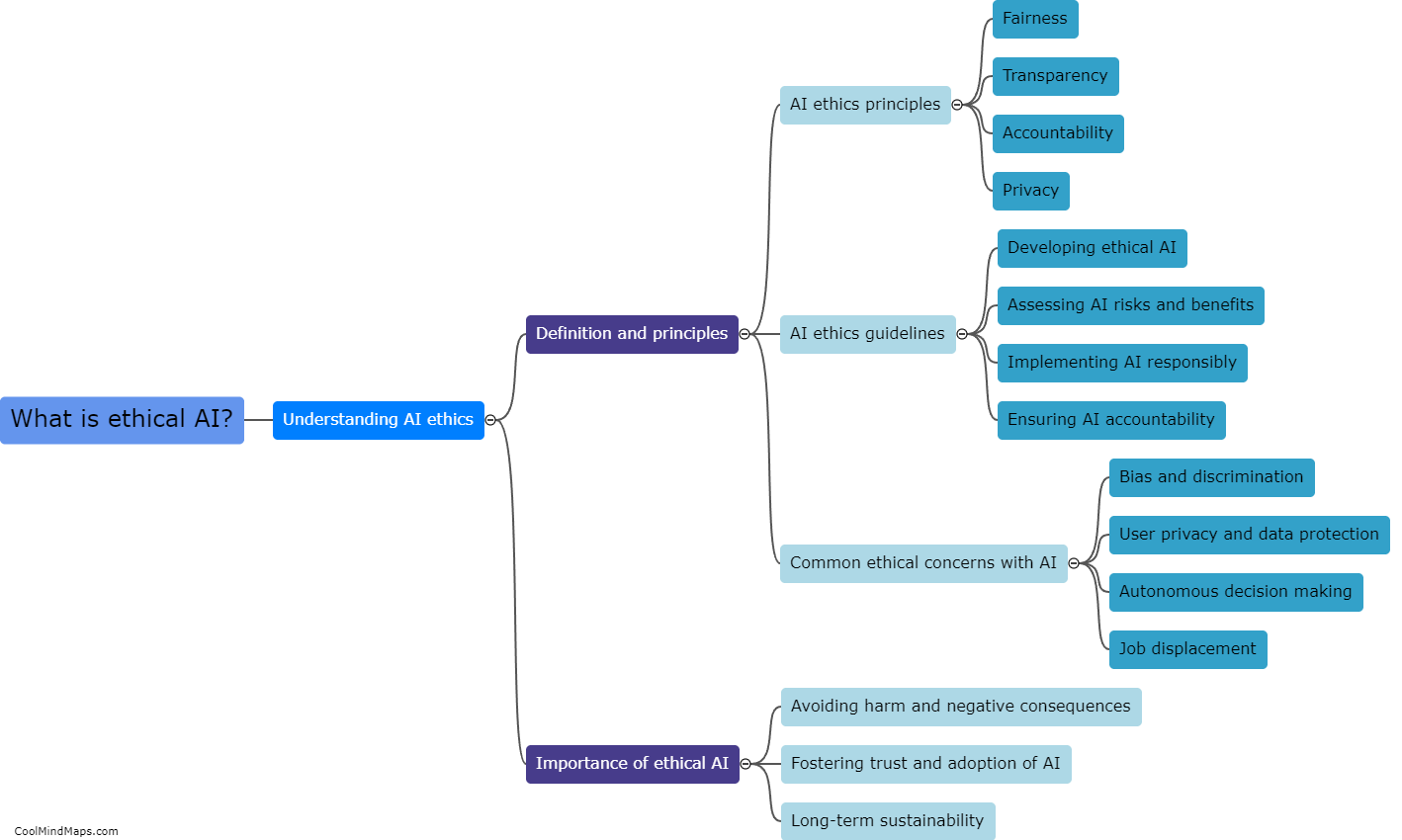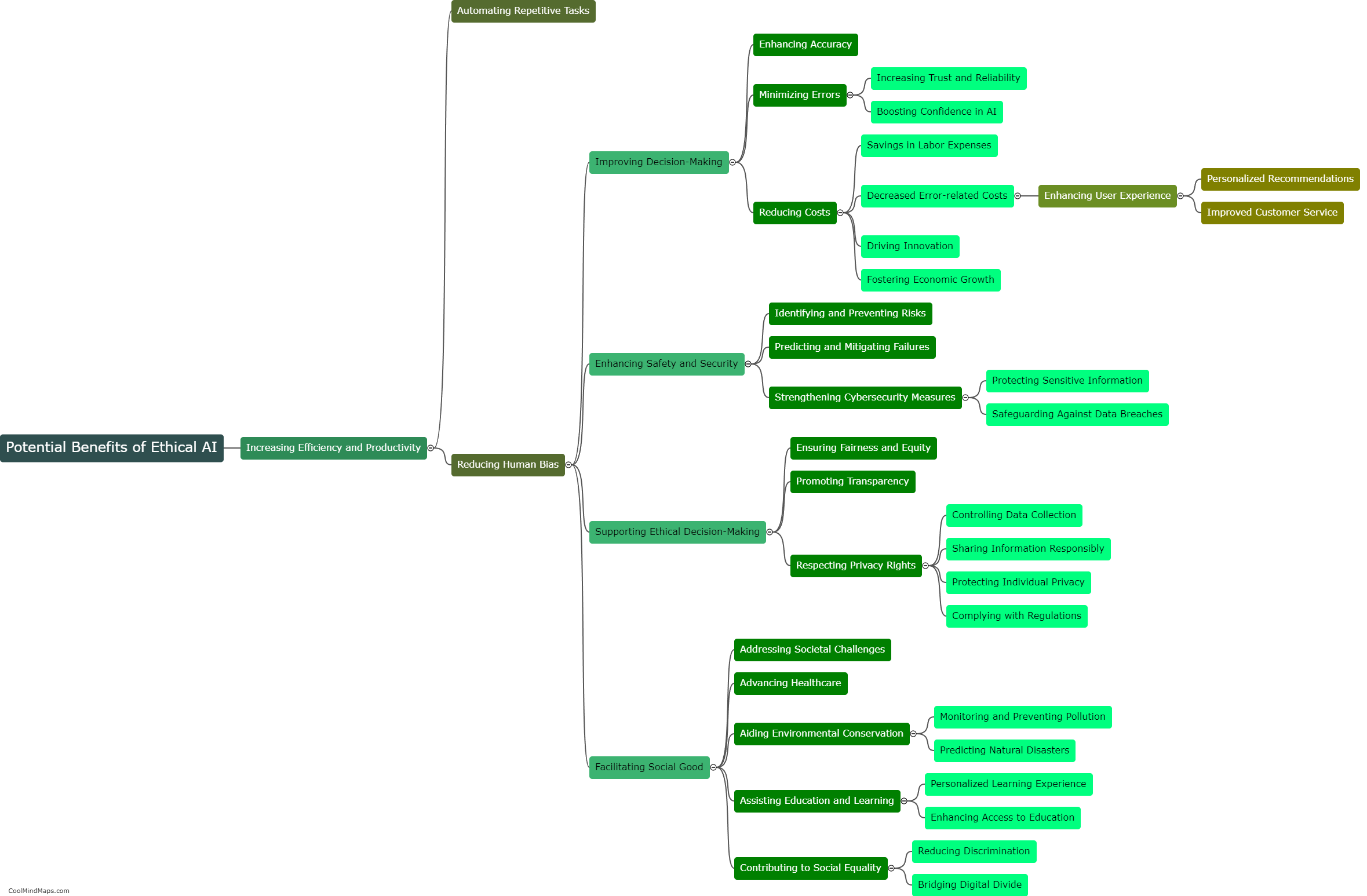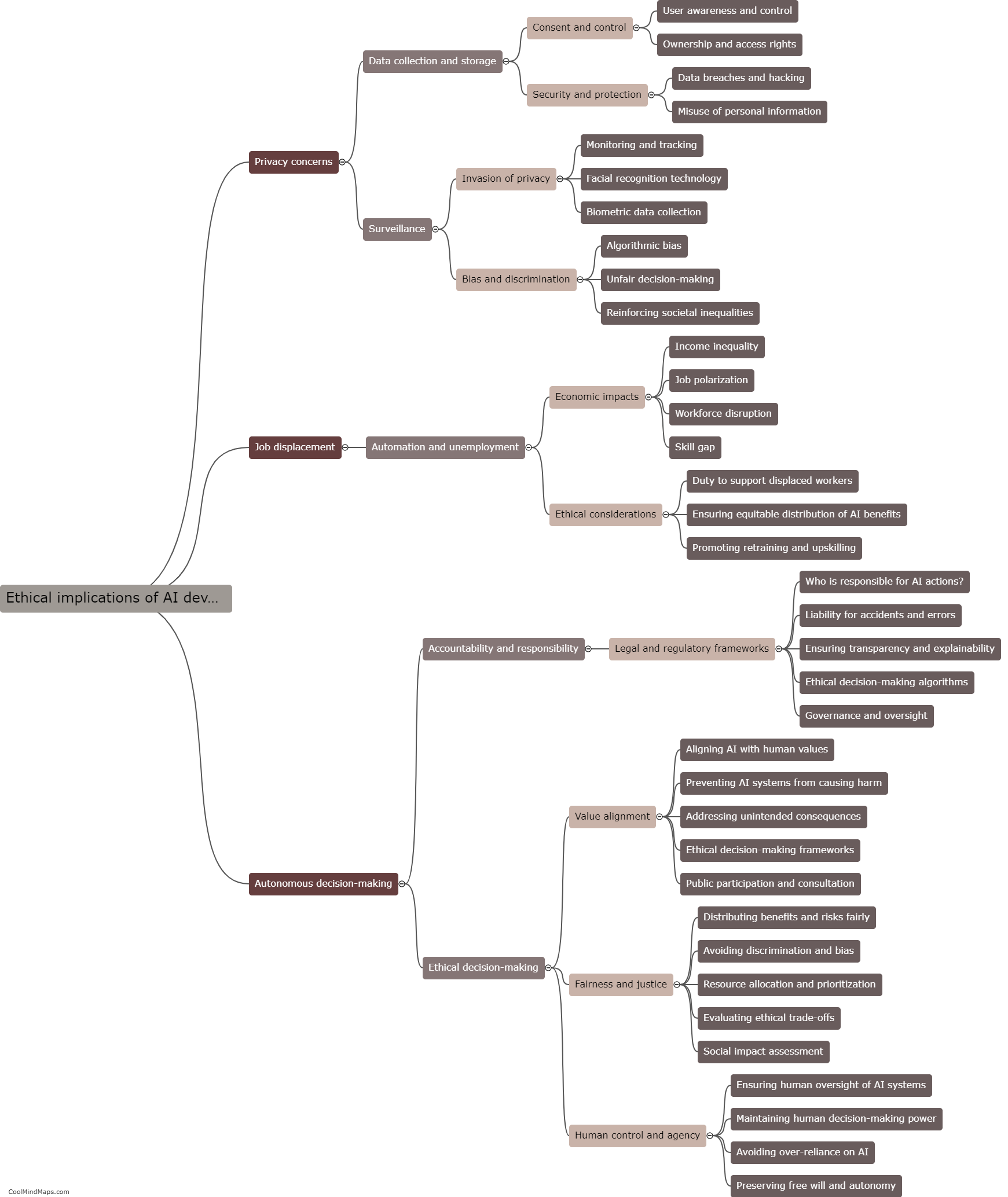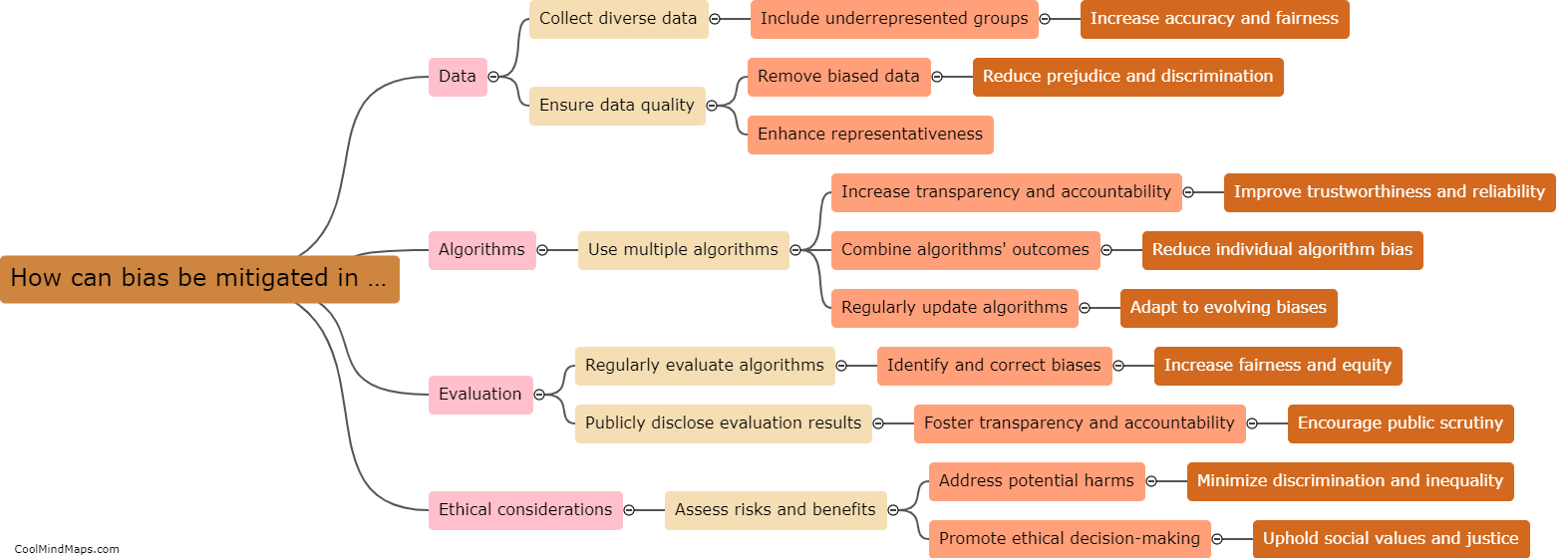What are the challenges in defining ethical AI?
Defining ethical AI is a challenging task due to various reasons. Firstly, there is no universally agreed-upon definition of ethics. Different cultures, societies, and individuals have differing moral principles and values, making it difficult to establish a singular ethical framework for AI systems. Additionally, AI technology is rapidly evolving, making it challenging to keep up with the ethical implications of new advancements. Another challenge lies in determining who should be responsible for defining and enforcing ethical standards for AI. As AI systems become more autonomous and capable of making independent decisions, it becomes crucial to identify the parties accountable for ensuring ethical behavior. Finally, AI algorithms can inherit biases and prejudices present in the data used to train them, leading to potential discrimination or unfairness. Addressing these challenges requires interdisciplinary collaboration, global consensus-building, continuous monitoring, and adjustments to ensure that AI technologies align with the values and ethical principles of society as a whole.
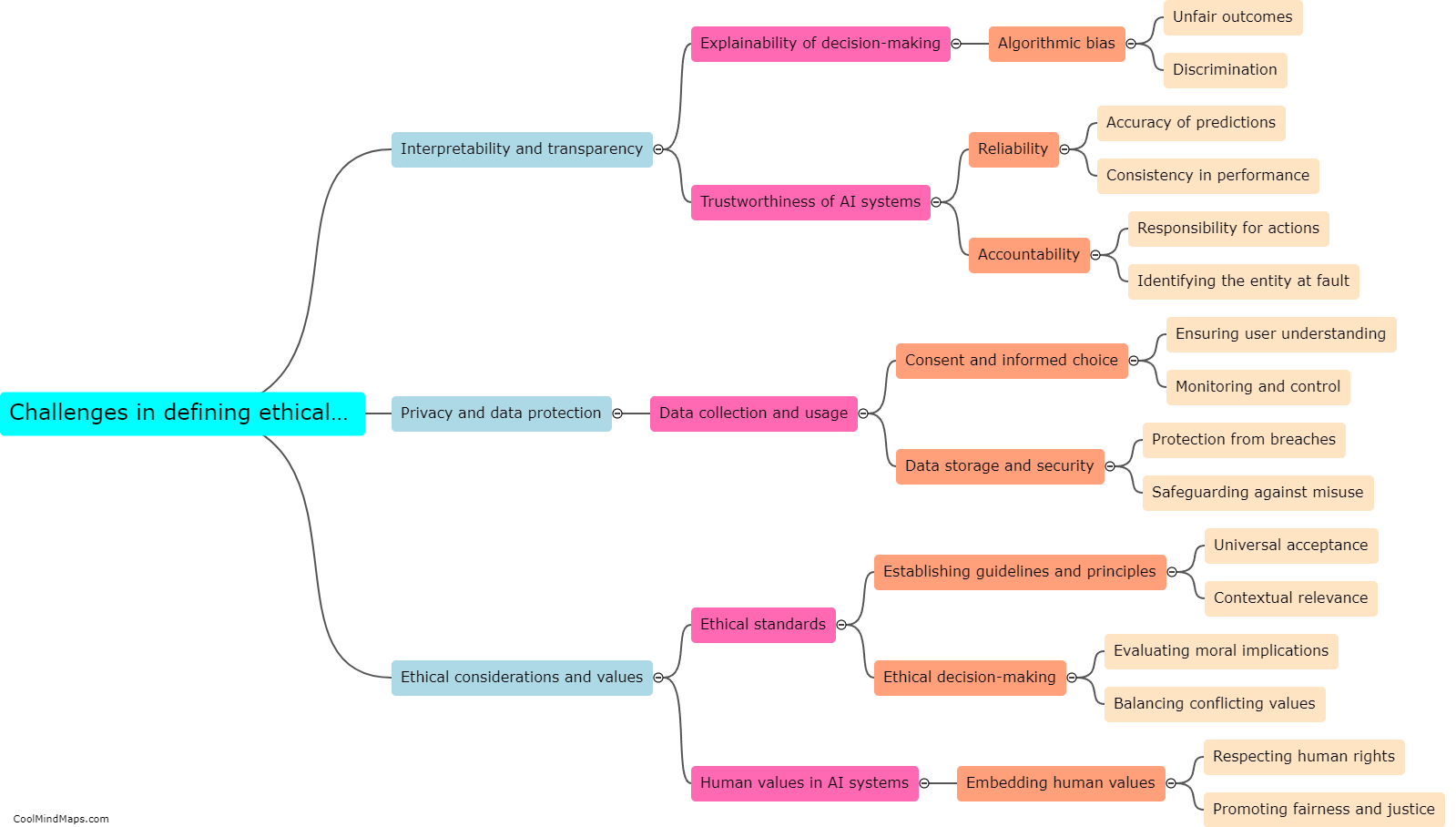
This mind map was published on 17 October 2023 and has been viewed 94 times.


